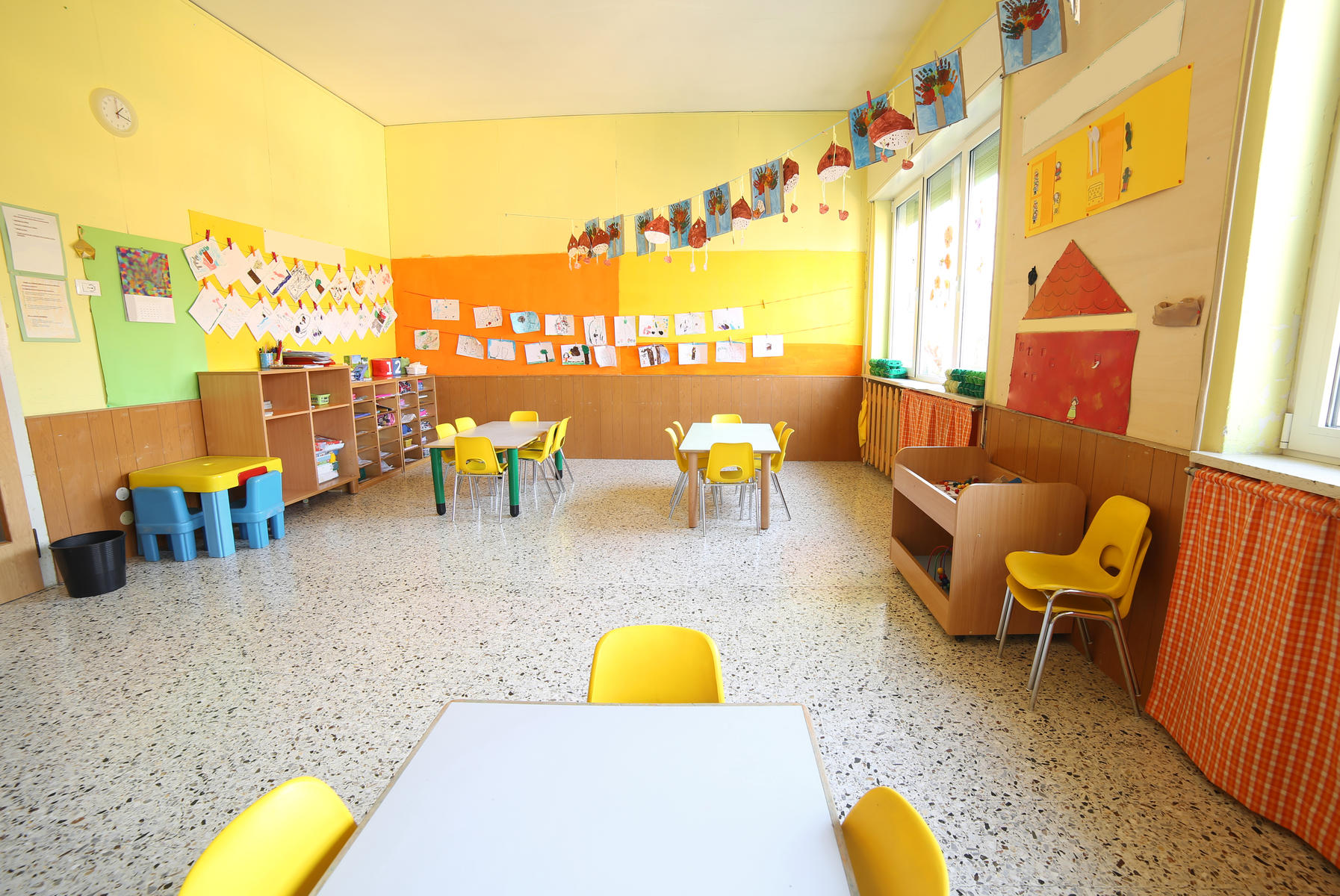
The Secrets of Good to Great In Childcare Management
40-year teaching veteran and childcare mangement guru, Rita Pierson, once said:
“Every child deserves a champion – an adult who will never give up on them, who understands the power of connection and insists that they become the best that they can possibly be.”
We couldn’t agree more, in fact, we think this sentiment applies to teachers too. Champion teachers deserve champion managers!
Not only do managers in early education support and nurture the children in their care, they also support and empower their staff.
How do they do it? What’s the secret? We did some research to find out. This post outlines six key habits we’ve found that highly effective managers of early learning services have in common.
1. They put the needs of their staff on par with the needs of the children
Ensuring your team feels safe, listened to and valued, with opportunities to grow and develop professionally is the recipe for a successful, happy environment.
“The best thing for students is a happy, motivated staff; by putting the staff equal first with the students, you are doing the best you can do for the students. Any headteacher who claims she or he always puts students first probably hasn’t thought through in detail exactly what that means,” says Headteacher John Tomsett.
2. They give sincere praise regularly
Giving praise not only makes others feel valued, it cements good working habits and behavior, both chemically and intellectually. Instead of just saying ‘nice job!’, great managers give specific, detailed praise to make their message relevant and meaningful.
“I like to leave personal thank you notes for my staff in their cubbyholes at work to let them know how much I appreciate them individually,” says Childcare Director Joni Master.
Embrace the power of positive language in your early education setting and you will see immediate benefits.
Another source of praise for teachers is parents. Create opportunities for your teachers to engage parents and they will start to feel the love and appreciation from parents that will sustain them. It’s one of the unexpected benefits of shared learning.
3. They treat their team members as equals
Effective managers command respect by giving it. They don’t allow their position of authority to make them feel that they are above others, and they don’t hesitate to jump in and get their hands dirty when needed.
“Power relationships are changed not by what you say but what you do–and how you do it. If you want to get the best and most from people, you need to engage with them fully. That means seeing them as equals and being as willing to serve them as they are to serve you,” says Margaret Heffernan, author of; A Bigger Prize: How We Can Do Better Than the Competition.
4. They take time out for themselves to recharge
If you want to maintain a high energy, long term, effective management style, you need to take time out to balance and renew your resources.
“As fulfilling as this work is, it’s not sustainable without breaks. I can’t work like this all year. I’d burn out like a brilliant supernova,” says educator Dallas Rico.
As a manager and an educator, taking time out to reflect, renew and recharge sets a great example. It demonstrates the importance of having a balance between work and play, and it empowers your team to take time out to do the same.
5. Great managers communicate openly and often
Communication is a fundamental element of childcare management with a team of any size. In early childhood successful managers demonstrate leadership qualities that support collaborative decision making and open communication encompassing staff, children and their families.
Creating an environment where staff feel comfortable and safe giving and receiving feedback is crucial. Regular supervisions, appraisals and mentoring opportunities are a great place to start.
Educa helps managers by giving them access to documentation to facilitate these processes. As Brenda Bambridge – Centre Director at Dee Why Children’s Centre explains
“In the past the Managers and Directors would not necessarily have seen every piece of documentation that the Educators produce. Now with Educa they are able to see all works undertaken. This has led to opportunities to provide feedback and help with ongoing professional development in regard to documentation and educational practice.”
“Communicating together involves a two-way sharing of information and helps to develop a common understanding, meaning it is easier for parents, carers and staff to support one another. Effective communication also helps families and staff to build a trusting partnership and develop honest and respectful relationships,” says Dr. Greenspan, author of Building Healthy Minds:
6. They look for ways to build on other people’s strengths
Great managers know that by combining the strengths of their team, they can achieve goals that no one could have done alone. It’s important to know what the individual strengths of your team members are, and look for ways to nurture and encourage them.
Great managers will take the time to understand a team’s strengths. Consider undertaking some personality profiling with your team. The Four Elements is a popular method, this version of the questionnaire is freely available online.
“People have natural skills and talents and will excel in particular roles and tasks whilst sometimes struggling in other areas. It’s therefore really important to understand the inherent skills of each employee and to ensure they are spending the majority of their time utilising those skills. When they are playing to their strengths, they can immediately see where they are making a difference and they are therefore much more motivated and effective,” says Sylvia Baldock, Personal Presence and Team Dynamics Specialist.
In Summary
Being a childcare management success involves a constant and careful balance between the children in your care and the educators in your team. Open two way communication, giving meaningful praise and leading by example are all traits of great managers.
In our view great managers are more than champions, they’re superheroes, making a difference in many lives in big and little ways.





